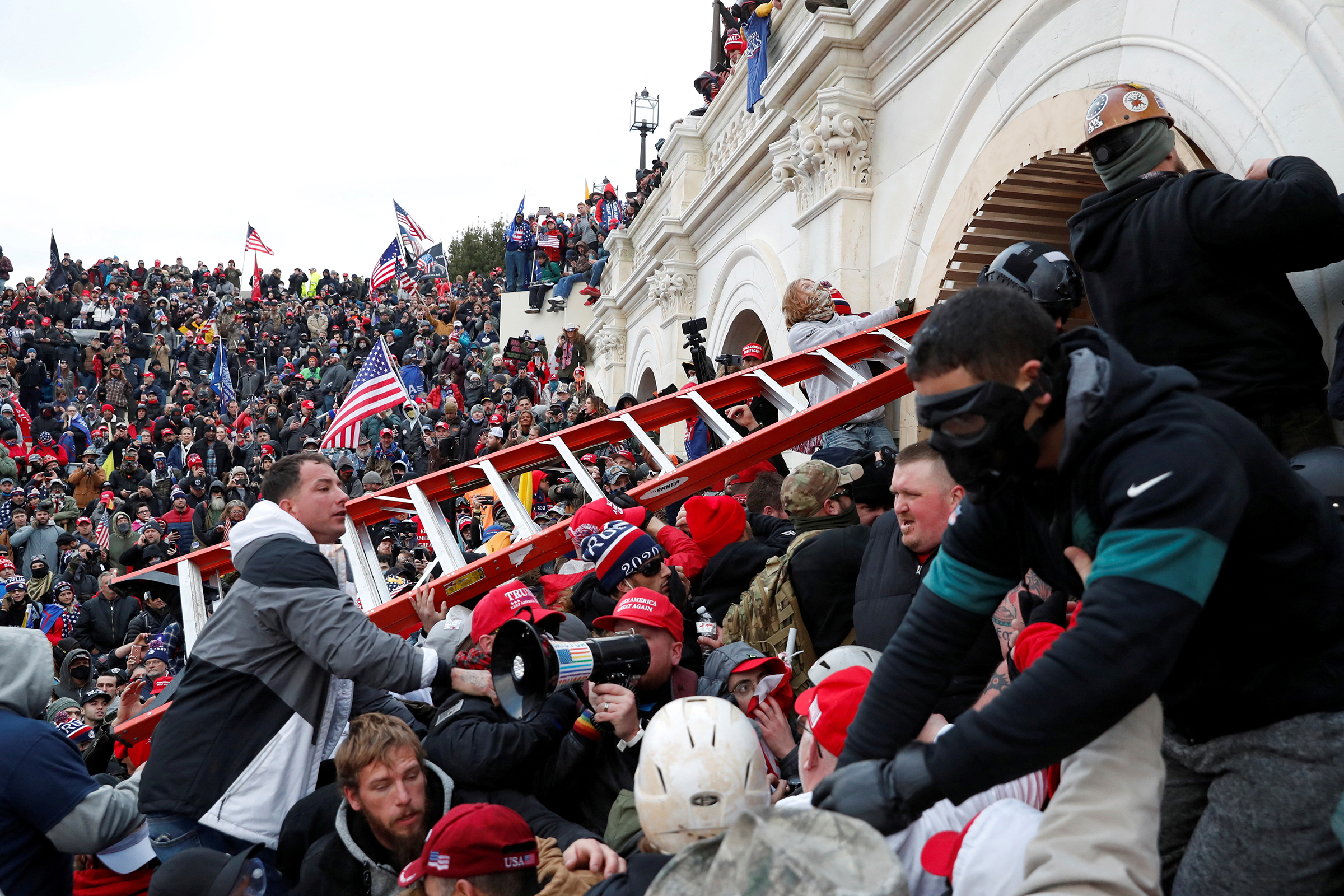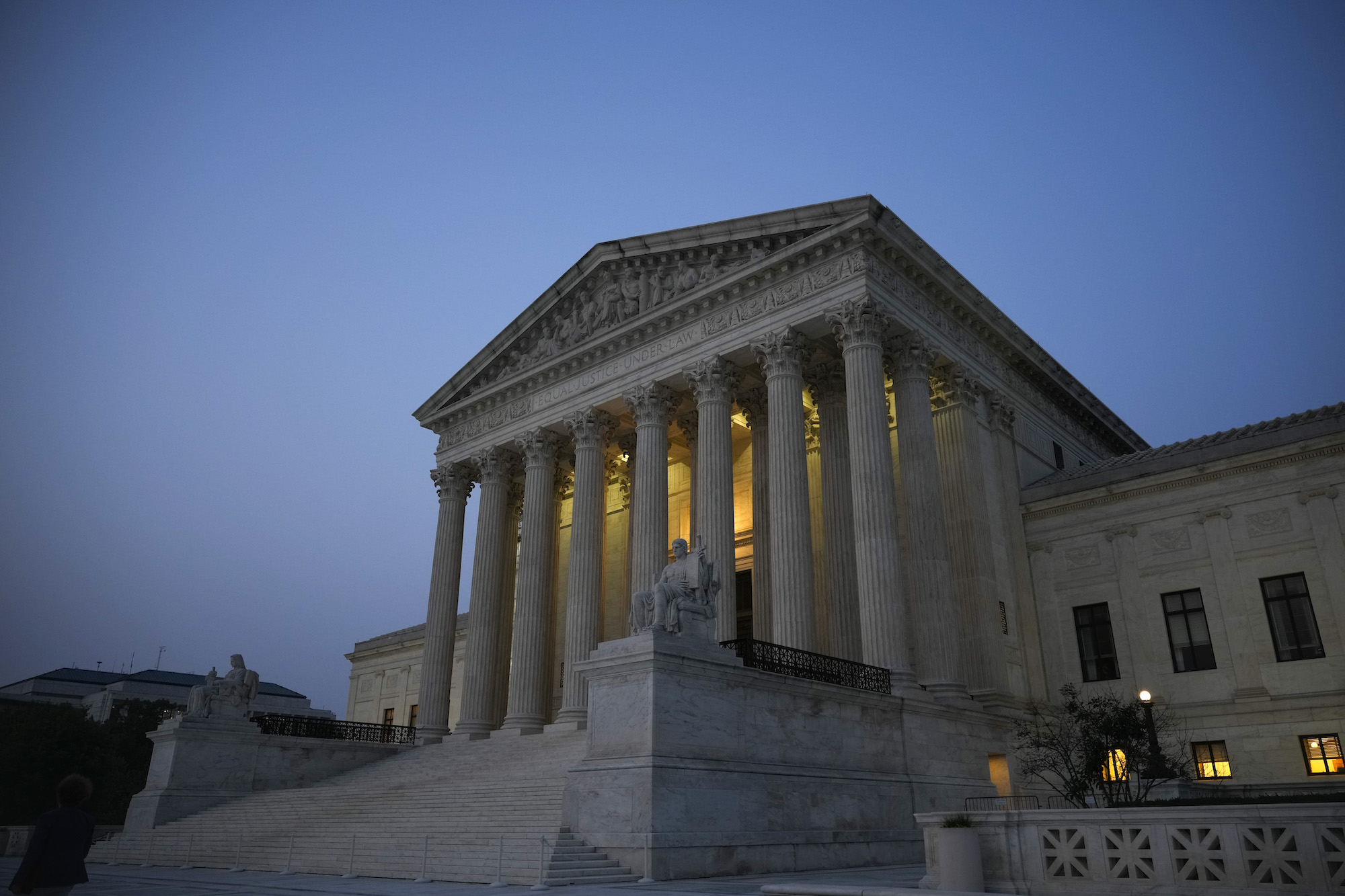The Supreme Court’s decision over whether a federal obstruction law can be used to prosecute January 6, 2021, rioters could have significant ramifications for former President Donald Trump, who was charged with the same criminal offense.
Special counsel Jack Smith charged Trump with violating a federal law enacted in 2002 that prohibits people from obstructing an “official proceeding.” The charge can add up to 20 years to a prison sentence.
Trump would almost certainly use a decision against the government to fuel criticism he has directed at prosecutors as he has tried to reframe the January 6 attack as a “beautiful day.”
Trump would almost certainly use a win for Joseph Fischer, who brought the case to the high court, to try to further undermine the Justice Department. Depending on how the court rules, he might also attempt to have that charge thrown out in his own case.
The special counsel appears eager to head that argument off. In a filing last week, Smith argued the obstruction charge should stick against Trump even if Fischer wins.
“The Trump charges probably survive almost no matter what the court does in Fischer,” said Randall Eliason, a former federal prosecutor and George Washington University law professor.




